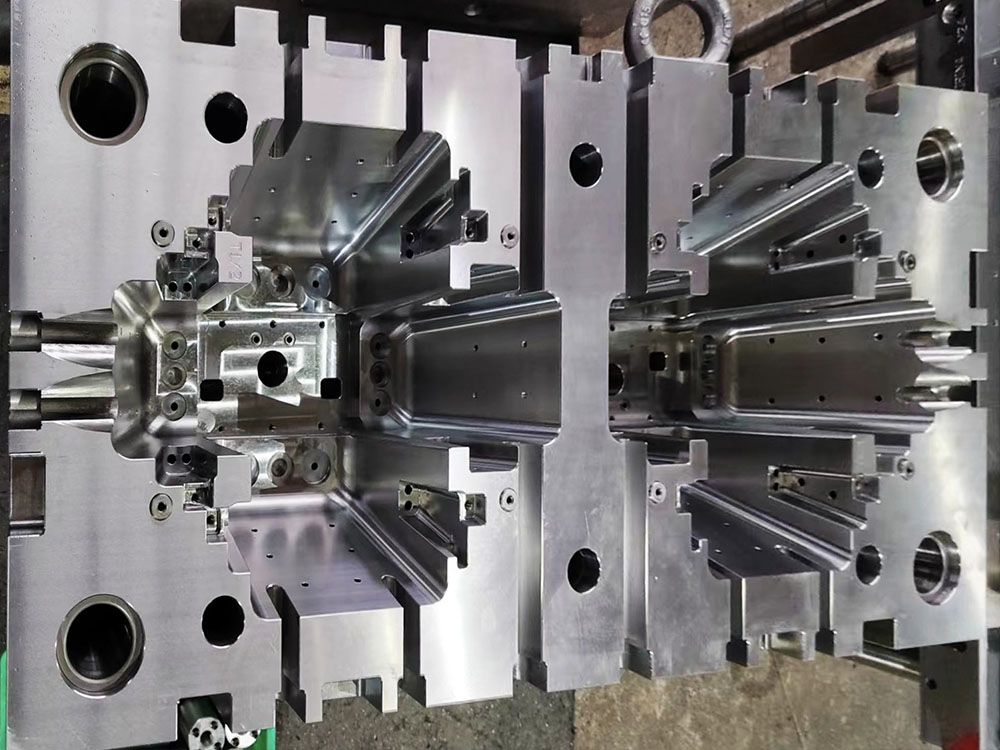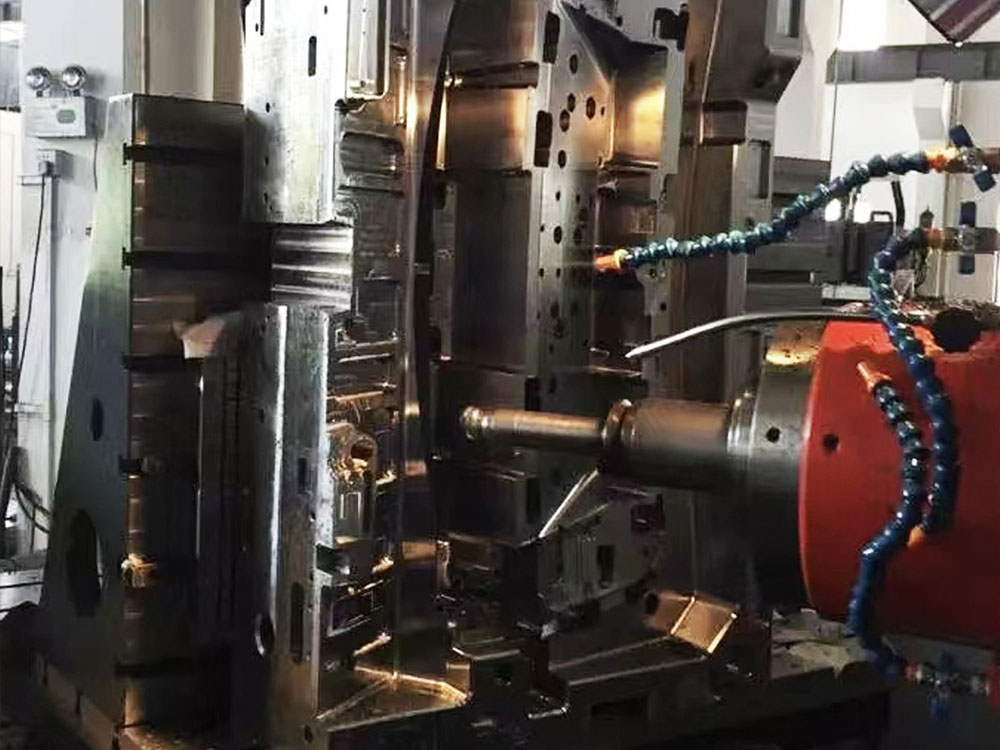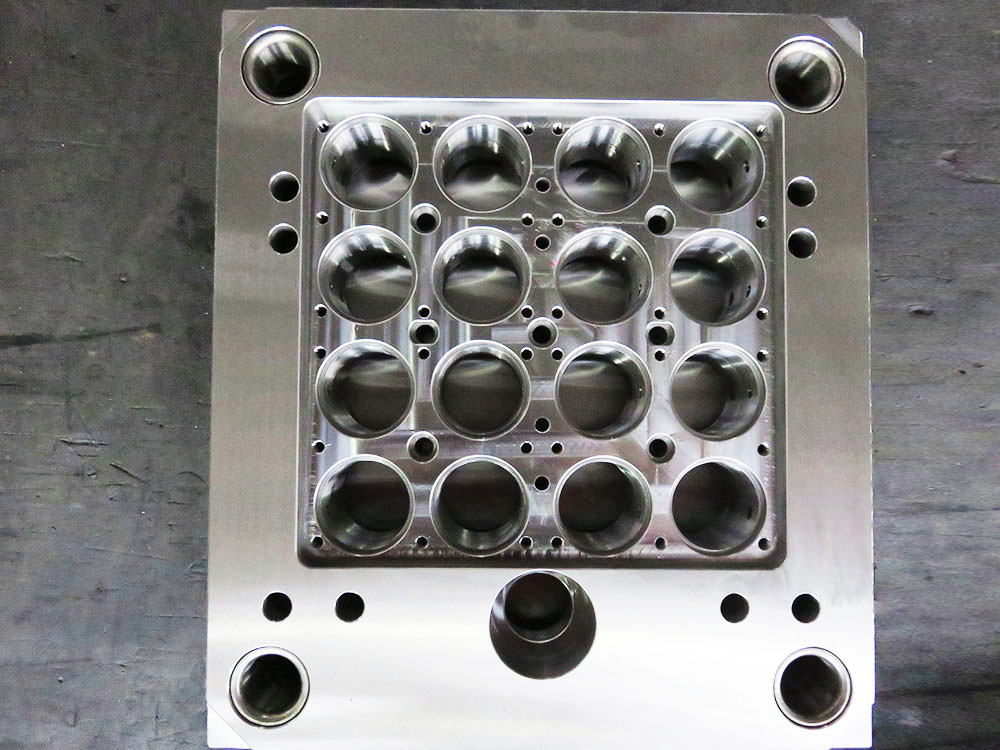What is a Modular Machine Tool in the Mold Base Industry?
A modular machine tool is a versatile and customizable equipment used in the mold base industry. It plays a critical role in the manufacturing process by enabling the precise and efficient machining of mold bases. This article explores the concept of a modular machine tool, its components, and its importance in the mold base industry.
Components of a Modular Machine Tool
A modular machine tool consists of various components that work together to perform different machining operations. These components include:
1. Base: The base provides a stable support for the entire machine tool. It is usually made of a high-quality material such as cast iron to ensure rigidity and stability during machining.
2. Column: The column is a vertical structure attached to the base and supports the other components of the machine tool. It provides structural integrity and stability.
3. Spindle: The spindle is the rotating component of the machine tool that holds the cutting tool. It provides the necessary power and speed for machining operations.
4. Tool changer: The tool changer allows for automatic tool changing, enabling the machine tool to perform multiple machining operations without manual intervention.
5. Worktable: The worktable is the surface on which the workpiece or mold base is placed. It can be adjusted and clamped to ensure stability during machining.
6. Control system: The control system is the brain of the machine tool. It controls the movement of different components, manages tool changes, and executes the machining program.
Importance of a Modular Machine Tool in the Mold Base Industry
A modular machine tool is vital in the mold base industry due to the following reasons:
Precision: Modular machine tools are designed to deliver high precision machining results. They can achieve tight tolerances, ensuring the accurate fabrication of mold bases.
Efficiency: With the capability to perform multiple machining operations, modular machine tools improve efficiency and productivity in the mold base industry. They reduce the need for manual intervention, minimize downtime, and optimize the use of resources.
Flexibility: Modular machine tools offer a high level of flexibility, allowing the mold base industry to adapt to changing customer requirements. Different tooling options, such as milling, drilling, and tapping, can be easily incorporated into the machine tool to accommodate various mold base designs.
Customization: The modular design of these machine tools enables customization according to specific mold base requirements. Components such as worktables, tool changers, and control systems can be tailored to meet the unique needs of different mold base manufacturers.
Cost-effectiveness: By eliminating the need for separate machines for different operations, modular machine tools help reduce costs in the mold base industry. They offer a compact solution that saves space, requires fewer operators, and minimizes the investment in multiple machines.
Conclusion
In conclusion, a modular machine tool is an essential equipment in the mold base industry. It provides precision, efficiency, flexibility, customization, and cost-effectiveness, making it an indispensable tool for manufacturing high-quality mold bases. By understanding the concept and components of a modular machine tool, the mold base industry can harness its benefits to drive productivity and success.




